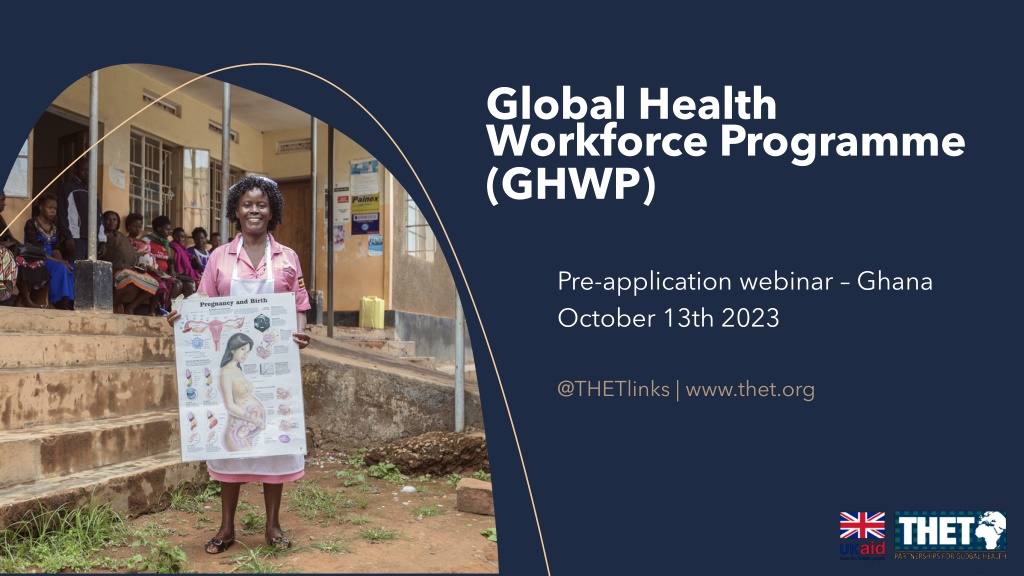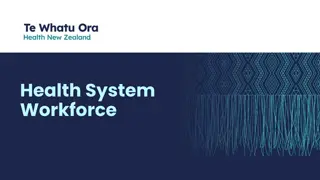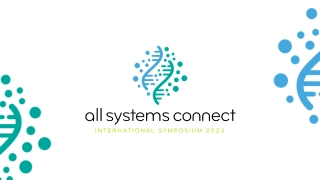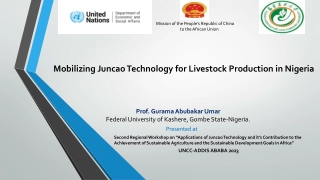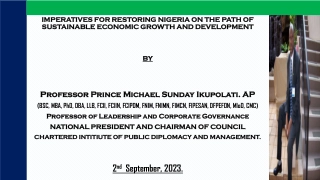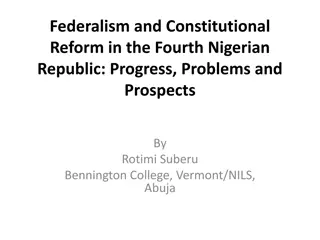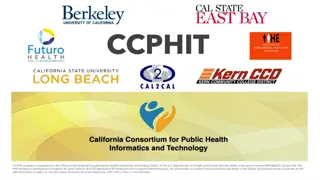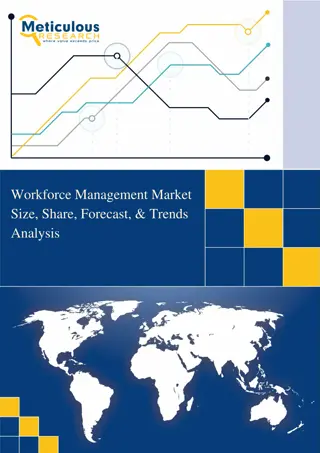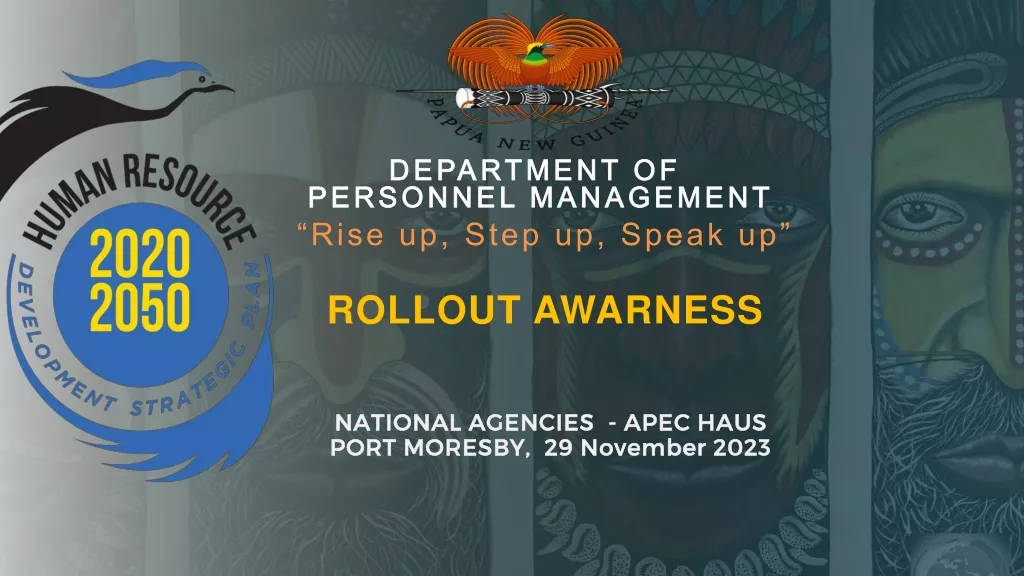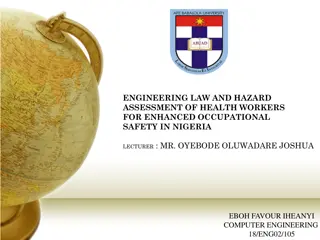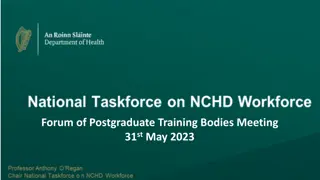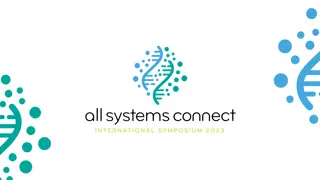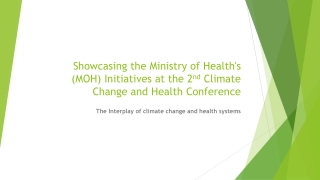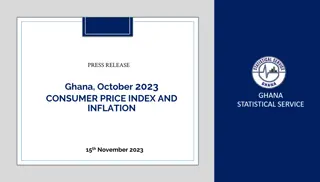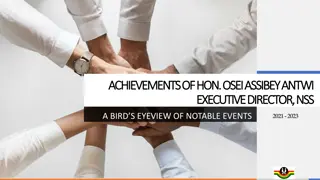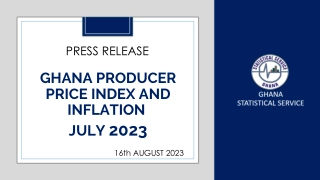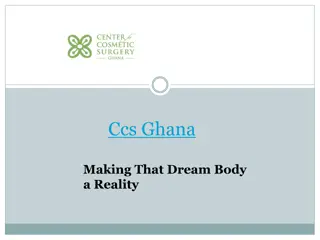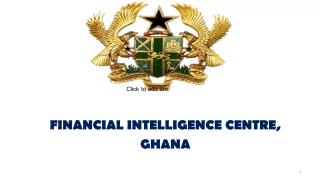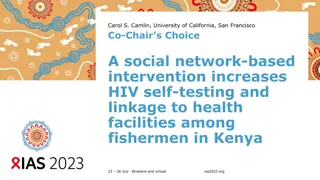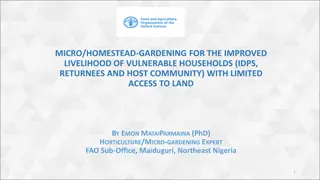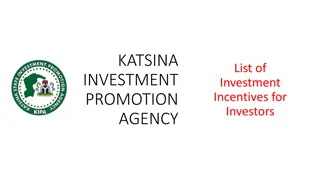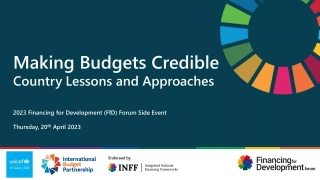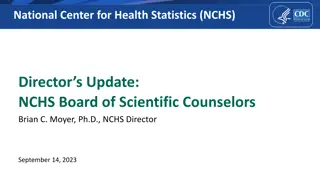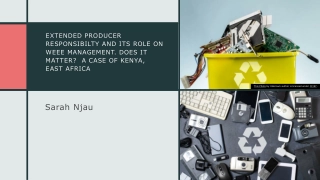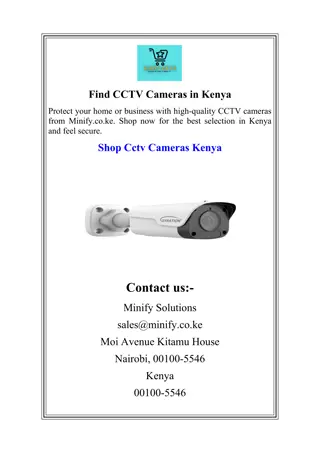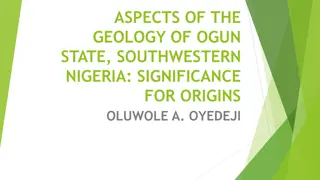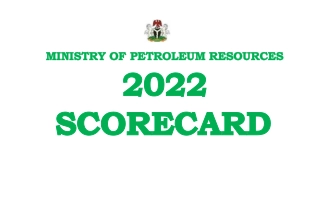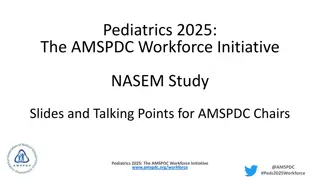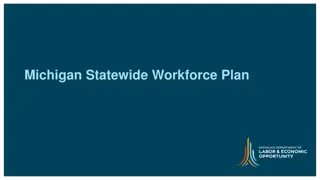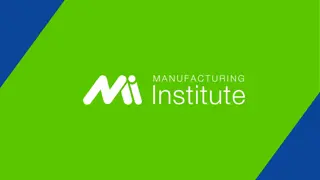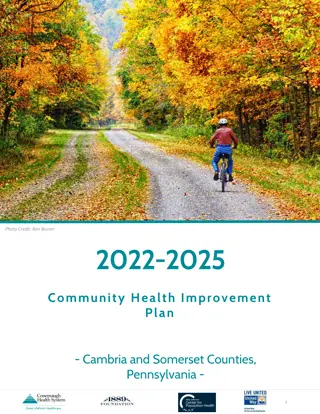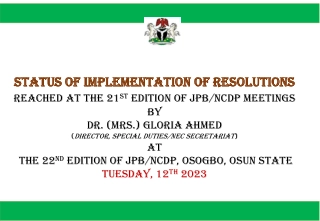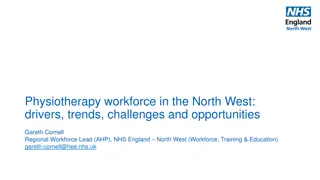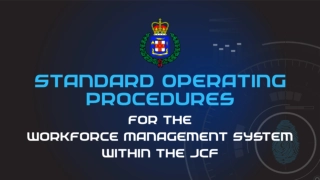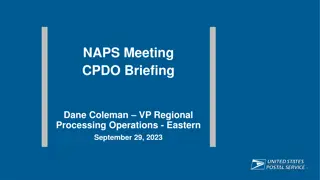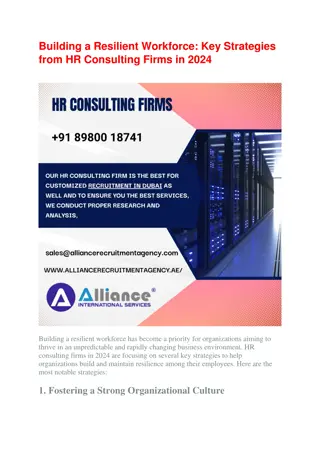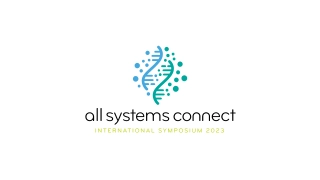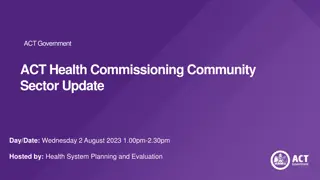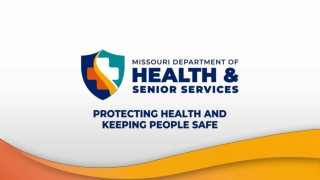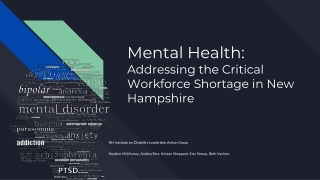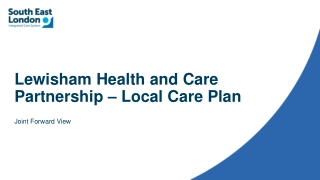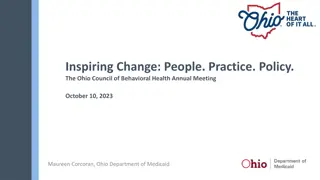Strengthening Health Workforce in Ghana, Kenya, and Nigeria through GHWP
The Global Health Workforce Programme (GHWP) aims to develop the health workforce in Ghana, Kenya, and Nigeria to build stronger, resilient health systems post-pandemic. Through partnerships and capacity-building, the program focuses on leadership, gender equality, retention, and well-being to progress towards universal health coverage.
Strengthening Health Workforce in Ghana, Kenya, and Nigeria through GHWP
PowerPoint presentation about 'Strengthening Health Workforce in Ghana, Kenya, and Nigeria through GHWP'. This presentation describes the topic on The Global Health Workforce Programme (GHWP) aims to develop the health workforce in Ghana, Kenya, and Nigeria to build stronger, resilient health systems post-pandemic. Through partnerships and capacity-building, the program focuses on leadership, gender equality, retention, and well-being to progress towards universal health coverage.. Download this presentation absolutely free.
Presentation Transcript
Global Health Workforce Programme (GHWP) Pre-application webinar Ghana October 13th 2023
Todays panel Today s panel Richard Skone James Director of Programmes Dr John Marfoh In-Country Coordinator, Ghana Mathilde Wangen Programmes Manager
About Tropical Health and Education Trust (THET) Today, one billion people will never see a qualified health worker in their lives. We are working to change this VISION A world where everyone, everywhere has access to quality healthcare APPROACH THET works with partners across Africa and Asia to change this by strengthening health systems and increasing access to quality healthcare for populations
For over 35 years we have been working to change this We train, support and educate health workers in Africa and Asia, working in partnership with organisations and volunteers from across the UK. Founded in 1988 by Professor Sir Eldryd Parry, we are the only UK charity with this health partnership focus. Africa presence: Ethiopia, Kenya, Ghana, Malawi, Nigeria, Somaliland, Sierra Leone, Tanzania, Uganda and Zambia.
Health Partnerships improve health services by sharing knowledge and carrying out capacity development activities. They are long-term, sustainable and mutually beneficial. Partners co-develop programmes that address organisational and national priorities.
Principles of Partnerships (PoPs) Over the years we have developed hallmarks of best practice, along with tools and resources. All HPs are grounded in THETs ten Principles of Partnerships:
GHWP - Overview Funder: UK Department of Health and Social Care Fund Manager: Tropical Health and Education Trust Dates: August 2023 to March 2025 Aim: To develop the health workforce (HWF) in Ghana, Kenya and Nigeria, supporting them to build stronger, more resilient health systems for post-pandemic recovery and to make progress toward universal health coverage. Outcomes: 1. Partnerships contributing towards improved health workforce leadership capacity aligned with health workforce strategies, that will support reduction in gender inequalities. 2. Partnerships aligning with and contributing towards retention and wellbeing strategies. 3. Improved number and quality of training opportunities for health workers. 4. Co-developed and documented learning on health workforce interventions shared with key national and international stakeholders.
GHWP Grant overview Grants are available to: A health partnership that includes, as a minimum, a lead partner from any two of the four GHWP countries: UK, Ghana, Kenya and Nigeria. Three or even all four countries can be incorporated into the partnership if applicable. Identify one of these lead partners as a contract holder, and the other as the co-lead. These lead partner institutions must jointly write and submit the application, and share accountability and ownership of the project. Any organisation is eligible so long as Official Development Assistant rules are followed. Please note that government departments are not eligible to receive funding. No. available Size of grant (in total) 10 - 20 200,00- 350,000 Large grants 15 - 20 < 50,000 Small grants
Timeline Date Phase/Activity August October 2023 Inception phase and scoping October November 2023 Grant application phase 1st International forum December 2023 Grant selection phase January 2024 Grant award and contracting February 2024 January 2025 Grant implementation February 2024 In-country launch events February March 2025 Final reporting and closure March 2025 In-country completion events 2nd International forum
GHWP Scoping Assessment Five-day scoping assessment visit conducted in each country Identify and validate national HWP priorities that a HP model can contribute to, while contributing to health systems strengthening and UHC, and considering gender, access and equity Brief scoping report outlining the key priorities compiled, validated by the MoH in each country Multidisciplinary and multi-stakeholder engagement to identify and agree HWF priorities and assess the suitability of the partnership model to address these is the key focus
Identified Priorities - Ghana Regulation and quality improvement of medical, nursing, midwifery, pharmacy and allied health professionals, pre-service/undergraduate education and training Postgraduate and specialist education and training o Strengthen decentralisation of postgraduate specialist medical education and training o Strengthen specialist nursing and midwifery education and training o Strengthen under/postgraduate education and training of pharmacists o Strengthen under/postgraduate education and training for Occupational Therapy and Occupational Health Health Workforce governance and leadership
Cross-cutting project themes Potential collaboration between Ghana, Kenya and Nigeria o Ghana Medical and Dental Association with Nigerian partners (via the West African College of Surgeons and Physicians). o Ghana Pharmacy College with Kenyan and Nigerian partners. o Ghana College of Nurses and Midwives with Nigerian partners. Cross cutting and emerging themes identified with stakeholders. o Diaspora partnerships o Complementary and harmonised approaches o Decentralisation of postgraduate health worker education and training o Evidence generation and learning
Core project requirements Contribute to the GHWP programmatic outcomes Build local and national ownership and sustainability into their partnership activities. Incorporate bi-directional learning and evaluate the impact of their project towards all partners. Contribute to the scoping report priorities identified (large grants mandatory, small grants encouraged) Produce and share a learning brief or paper at the end of their project which describes the HWF intervention and transferrable lessons (large grants only).
Selection Criteria The project has a clear and measurable goal that is achievable with the resources and time available. The project is aligned with national health priorities and plans, including wider health systems strengthening programmes/initiatives delivered by the government, donors, WHO and other organisations. The approach to the project is appropriate and relevant to the local context. The project has considered the wider health system and takes a whole system approach where appropriate. The project pays careful attention to issues of gender equity, equality and social inclusion (GESI), e.g. access of women, girls and people with disabilities to capacity development and services, and takes a GESI sensitive approach (see THET toolkit) The project has a clear methodology and resources for measuring success and learning between partner institutions, and is able to evidence the changes which have been brought about as a direct result of project activities.
Selection Criteria The project demonstrates value for money (e.g. where appropriate the use of volunteers to carry out capacity development activities). The project is based on recognised good practice and informed by available literature and resources, building on lessons learnt. The project demonstrates innovative approaches to the workforce challenges they are addressing. The project demonstrates a commitment to minimising the impact of the project, and/or reducing the impact of the health system, on the environment. The partnership demonstrates alignment with the Principles of Partnerships (PoPs), with clear understanding and demonstration of the roles and responsibilities of each of the partners. The partnership has the capacity to deliver the project, including experience in project and financial management, and monitoring and evaluation.
Funding restrictions grants will fund: Local and international travel and associated costs. THET encourages applicants to consider conducting work remotely where appropriate. International flights will only be covered for travel of periods over 3 days in order that the project benefits sufficiently from the environmental impact. Training and workshop costs such as facilitator fees, venue costs, refreshments, travel expenses and training materials. Bank charges for transfer of funds. Reasonable project management and office/overhead costs (at least 20% of the total budget). Monitoring, evaluation and learning costs (at least 10% of the total budget as a minimum) Communication and meeting costs (refreshments, transport, teleconferencing, video conferencing, etc.) Reasonable medical equipment and consumables. Reasonable digital equipment. Contingency up to 1.5% of the total budget to factor in exchange rate variances and/or bank charges. Applicants must budget for in-person attendance of lead in-country partners at the in-country launch and completion events in the capital.
Funding restrictions grants will not fund: Sitting allowances (for individuals to attend training). Entertainment costs. Costs relating to the delivery of health services. Non-economy class travel. Capital costs.
Reporting requirements Quarterly (large grants) or biannual (small grants) reporting through a monitoring, evaluation and learning logframe, a narrative report and a financial report. o Project progress: quantitative progress against outputs and outcomes; highlights; challenges; lessons learned. o Capacity development data: e.g. no. health workers trained, disaggregated by cadre and gender; facilities reached; stakeholder feedback. o Climate risk: the impact of the project on climate risk and the environment, including greenhouse gas emissions of flights. o Finance update: finance report; value for money; fully itemised transaction list; asset register; delivery chain map.
Due diligence supporting documentation Code of conduct/code of ethics Anti-fraud, bribery and corruption policy Anti-bullying and harassment policy Financial management procedures manual/policy Procurement policy Gender diversity and equal opportunities policy Safeguarding policy Most recent audit report
How to apply Applicants should submit the following documents to grants@thet.org by: 13th November (UK 13th November (UK- -Ghana HPs) and 30th November (HPs between Ghana, Kenya, Nigeria) Ghana HPs) and 30th November (HPs between Ghana, Kenya, Nigeria) Application form Budget form Letters of support from both lead partner institutions Due diligence assessment form *Please *Please also dates dates should should you also begin begin to you be to review review the be successful* successful* the sub sub- -grant grant agreement agreement and and pencil pencil in in inception inception meeting meeting
Application Process 5th October 2023 Call for applications launched 13th October 2023 Pre-Application webinar 13th November 2023 Application submission deadline for HPs with UK contract holder or co-lead partner Application submission deadline for HPs where both the contract holder and co-lead partner are either from Ghana, Kenya or Nigeria 30th November 2023 14th November 10th December Review including due diligence assessment by selection group 2023 2nd January 2024 Contracts issued 1st February 2024 Grants begin 31st January 2025 Grants close
